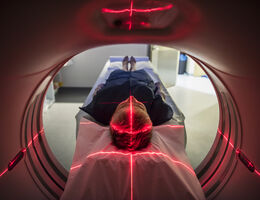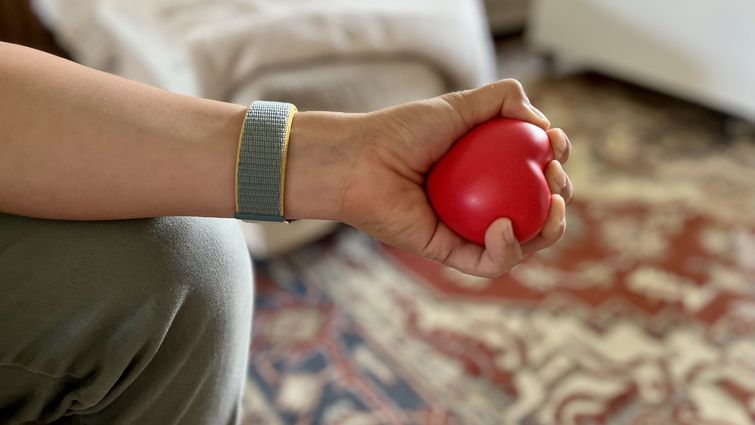

Nearly one in three U.S. adults experience some anxiety disorder at some time in their lives, according to the National Institute of Mental Health — panic disorder, generalized anxiety, agoraphobia, specific phobia, social anxiety, post-traumatic stress, obsessive-compulsive disorder, or separation anxiety. Mental health disorders such as anxiety are known to impact heart health negatively and have been linked to an increased likelihood of developing heart disease.
This May Mental Health Month, Purvi Parwani, MD, a cardiologist at Loma Linda University International Heart Institute and director of its Women’s Heart Health Clinic, delineates how mental health, like anxiety and stress, impacts heart health and steps you can take to safeguard heart health.
“Even though living with a mental health condition like anxiety or depression is so common, there is still stigma and shame shrouding it,” Parwani says. “We as individuals and a society can empower and encourage the understanding of mental health conditions so patients can pursue the right care and be their best, healthiest selves.”
Read: Depression’s ties to heart health
Research demonstrates that anxiety disorders and heart disease can each cause the other to develop. For instance, studies have shown those with anxiety are 26% more likely to develop heart disease, especially coronary artery disease. On the other hand, Parwani says patients can also develop higher anxiety levels after experiencing major cardiac events or diagnoses, creating obstacles in recovery.
Read: Mental health after a cardiac event or procedure
Physical symptoms associated with chronic anxiety can impact heart health in various ways, Parwani says. Anxiety causes stress by elevating cortisol levels and activating hormonal pathways that, in turn, promote inflammation in the body. Parwani says chronic inflammation damages blood vessels, fosters plaque development, influences plaque rupture, and increases the risk of developing coronary microvasculature problems.
Many patients at the Women’s Heart Health Clinic live with small vessel disease of the heart, Parwani says, and anxiety or stress bear particularly harmful effects on sensitive microvasculature, worsening symptoms like chest pain.
“You are in a chronic state of fight or flight with anxiety,” she says. “There is a clear relationship in how anxiety can bring on stress and affect cardiac vasculature.”
Anxiety can also elevate heart rate, increase blood pressure, and affect lifestyle habits, including sleep hygiene, proper exercise, or heart-healthy diet — central pillars of cardiac health.
Parwani advises patients to work with their healthcare providers and support systems to develop healthy coping mechanisms for stress, anxiety, and other symptoms of mental illnesses. “When it comes to anxiety, I encourage my patients to develop a plan for when they anticipate being in stress-inducing situations,” she says.
She references an analogy between the constant stream of incoming thoughts in the mind and the constant stream of traffic on the road: “Instead of getting sucked into the traffic and driving with it, we need to figure out how to observe the traffic without getting involved.”
Engaging in activities or practices that help you feel grounded and relaxed is essential for mental exercise training that helps you in the long run, Parwani says — whether it be breathing exercises, mindfulness, prayer, or community service. Additionally, she says some patients find it helpful to engage in talk therapy with a professional.
Read: Implementing daily mindful habits to encourage a positive lifestyle
Longitudinal studies have shown how those with mental health disorders are underdiagnosed and undertreated for their heart health. If you or a loved one struggle with mental health, Parwani advises talking to your cardiologist and doctors openly about how you feel, both physically and mentally.
The International Heart Institute is here to help you or your loved ones navigate your heart care through every step. For more information, visit lluh.org/heart-vascular, or call 1-800-468-5432 to schedule an appointment.


